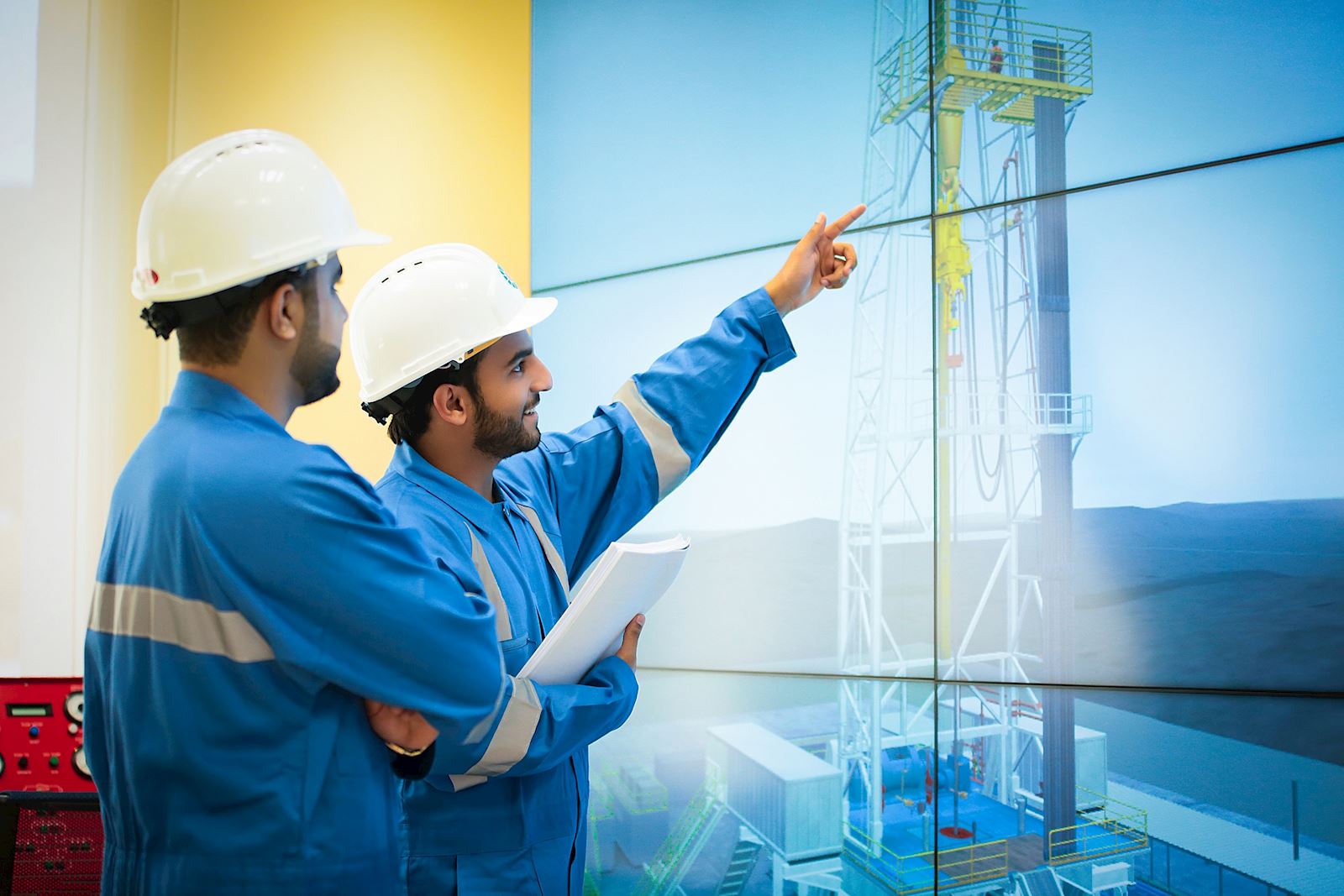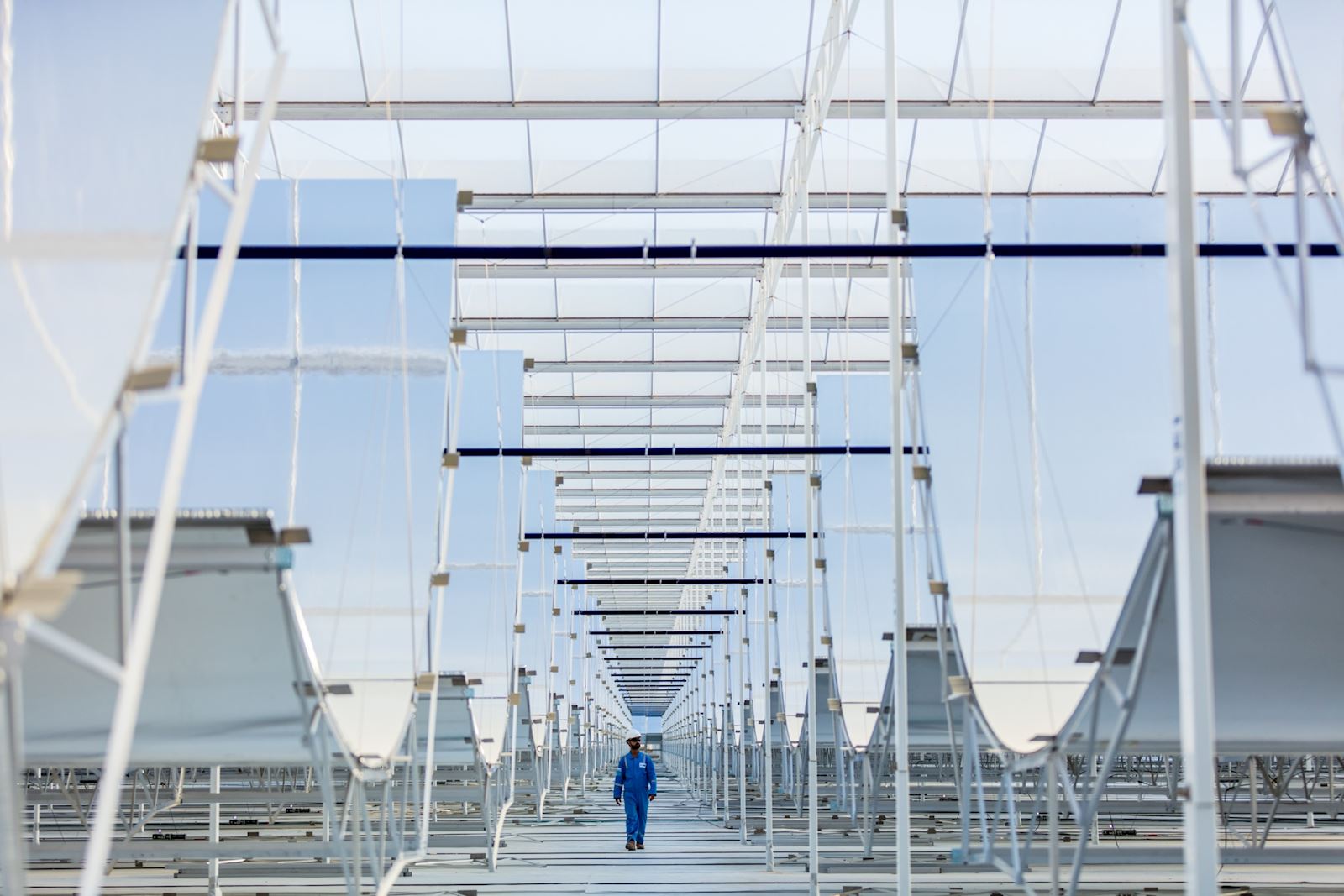Renewing The Energy Sector In Oman
Raoul Restucci, Managing Director of Petroleum Development Oman (PDO)
While oil and gas will continue to be fundamental to our energy mix in the foreseeable future, in an age of growing climate change realities, we have to accelerate the diversification of our energy mix, both for the future of Oman and the planet.
Notwithstanding the fundamental socio-economic impact of fossil fuels, we simply cannot continue as if it were business as usual. The energy transition – along with improvements to our overall energy efficiency, emissions and waste reduction – is a strategic and existential imperative to combat global warming.
In Oman, we have been debating for many years how we can leverage the country’s solar irradiation intensity – one of the highest in the world – to enable a lower carbon and more sustainable future.

Among the main aims of the Oman Vision 2040 strategy, are one: a focus on renewable energy with diversified sources and a reduced consumption to achieve energy security; and two: the development of a green economy that is responsive to national needs and consistent with the global direction of adapting to climate change.
The collapse in oil prices in 2014 has accelerated the move away from an over-reliance on crude and given an added urgency to calls for greater energy sustainability and diversification. The new normal that will emerge post Covid-19 will further demand and rely on Energy transition commitments as a locomotive for greater sustainability and employment.
As with any change, it starts at the heart of our operations, ensuring energy efficiency is our ‘first fuel’. This will also free up lower carbon natural gas that can be used for Omani industry or for export. Importantly, all round commitment to Energy Transition could establish the Sultanate as a hub of “green” energy research, innovation and expertise, creating thousands of new jobs and building robust and reliable domestic supply chains.
Despite the challenging constraints thrown up by the COVID-19 pandemic, oil price volatility and digital disruption, there is exciting and ambitious work taking place across the nation’s green energy value chain, most notably in solar, wind and hydrogen.
PDO, in partnership with His Majesty’s Government and multiple domestic and foreign stakeholders, has spearheaded this drive as we evolve into a full-fledged energy development company, going well beyond our current focus on hydrocarbon exploration, development and production.
We have implemented a number of large- and small-scale projects which have already generated tangible environmental and economic benefits and bolstered Oman’s growing reputation as a global renewable energy pioneer.
We recently began operations at our new 100-megawatt (MW) photovoltaic (PV) power plant at Amin in the south of the country, which will supply power for PDO’s operations. This is one of the first utility-scale solar projects to have an oil and gas company as the sole buyer of electricity, produced at commercially attractive rates.
.jpg)
This US$94 million flagship scheme represents an excellent example of Oman’s outstanding potential in renewable energy, generating sufficient electricity to power 15,000 homes and potentially leading to an annual reduction of more than 225,000 tonnes of carbon dioxide emissions – the equivalent of taking 23,000 cars off the road.
The venture followed the successful start-up of our landmark Miraah project at Amal, which came on stream in 2017, and is one of the world’s largest solar steam plants. Here, we are significantly reducing our gas consumption by using the sun’s power to create steam for thermal enhanced oil recovery. The solar ‘farm’ consists of blocks of greenhouses using large, curved mirrors to focus sunlight on boiler tubes containing water. Thanks to its glass-house protection, the farm produces quality and reliable steam in a desert environment no matter what shamal it is faced with.

Other successful initiatives include efforts to make our head office in Muscat self-sufficient in its power needs by installing solar PV panels in our car parks.
We are also currently in the process of evaluating a number of exciting opportunities for wind power installations in our southern locations, something given added impetus by the start of commercial operations of the Dhofar wind power plant in November 2019.
Oman’s world-class renewable energy resources, its established energy production and export industries, its centrality on the global trade map, its world-class ports and shipment routes, and its proximity to key international markets also make it well placed to produce and export renewable hydrogen.
One key aim of Ejaad, a platform set up by the Ministry of Oil and Gas, the Technical Research Council and PDO in 2017 to facilitate collaboration between academia and industry, has been to co-ordinate efforts to create a national strategy for green hydrogen as a promising economic engine.
Earlier this year, it staged a workshop for more than 40 stakeholders to build a shared vision for the industry – integrating local and international ambitions – and consolidate the necessary policy and regulatory frameworks and strategic partnerships.
PDO is assessing the viability of solar-to-hydrogen conversion through the use of electricity generated by solar PV panels to power an electrolyser to split water into its elemental components of hydrogen and oxygen.
Of course, sustaining this momentum, promoting local goods, services and technological solutions, and securing funding in a challenging economic environment are critical to our success in renewables.
With this in mind, PDO recently partnered with Ithraa, Oman’s investment and export development agency, with the aim of enhancing the competitiveness of the country’s business ecosystem and sharing strategies and best practice which will help the nation’s aspirations to drive forward the green economy and foster clean energy technology industries.
The economics of such initiatives are robust for the Sultanate on several fronts, not only in terms of direct savings but also in relation to reduced energy costs and the ability to offset and reduce oil and gas requirements. At the same time, the shift away from fossil fuels also creates a wonderful opportunity to develop local talent, infrastructure and sustainable supply chains that can serve not only Oman but the wider world.
With its level of solar intensity, technological knowhow, pioneering spirit, favourable central location and stable geopolitical situation, the country is well placed to establish itself as a champion of green energy and environmental sustainability.